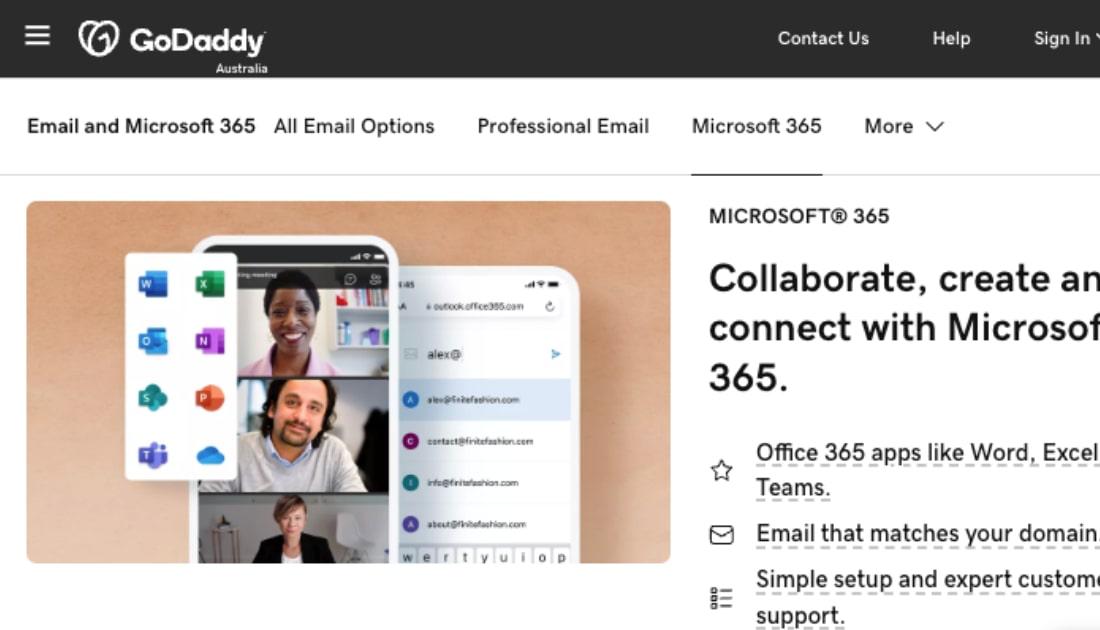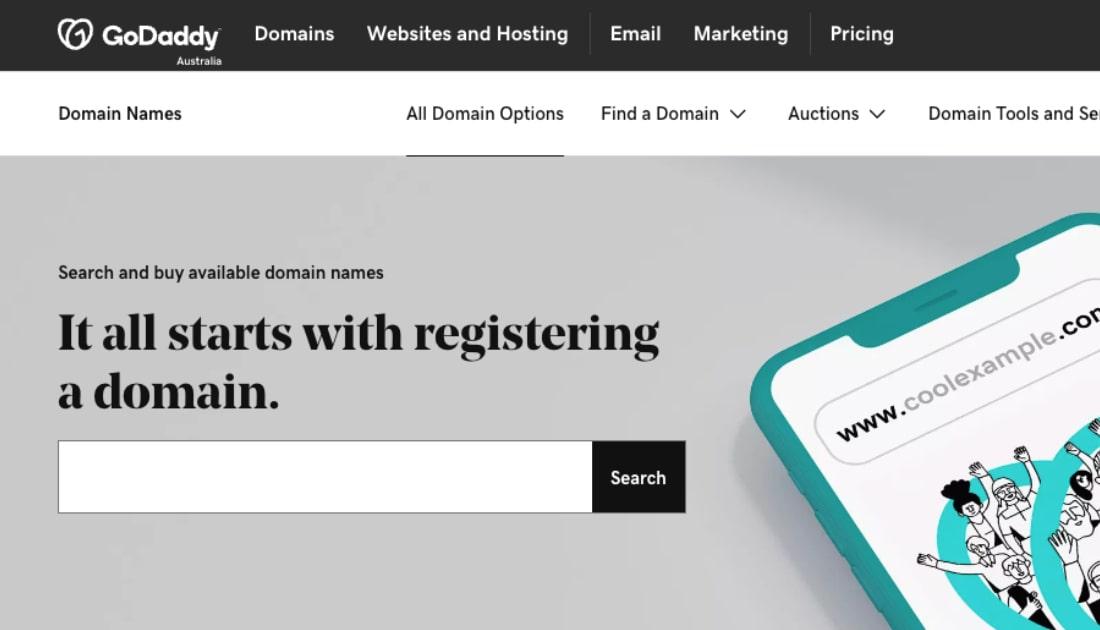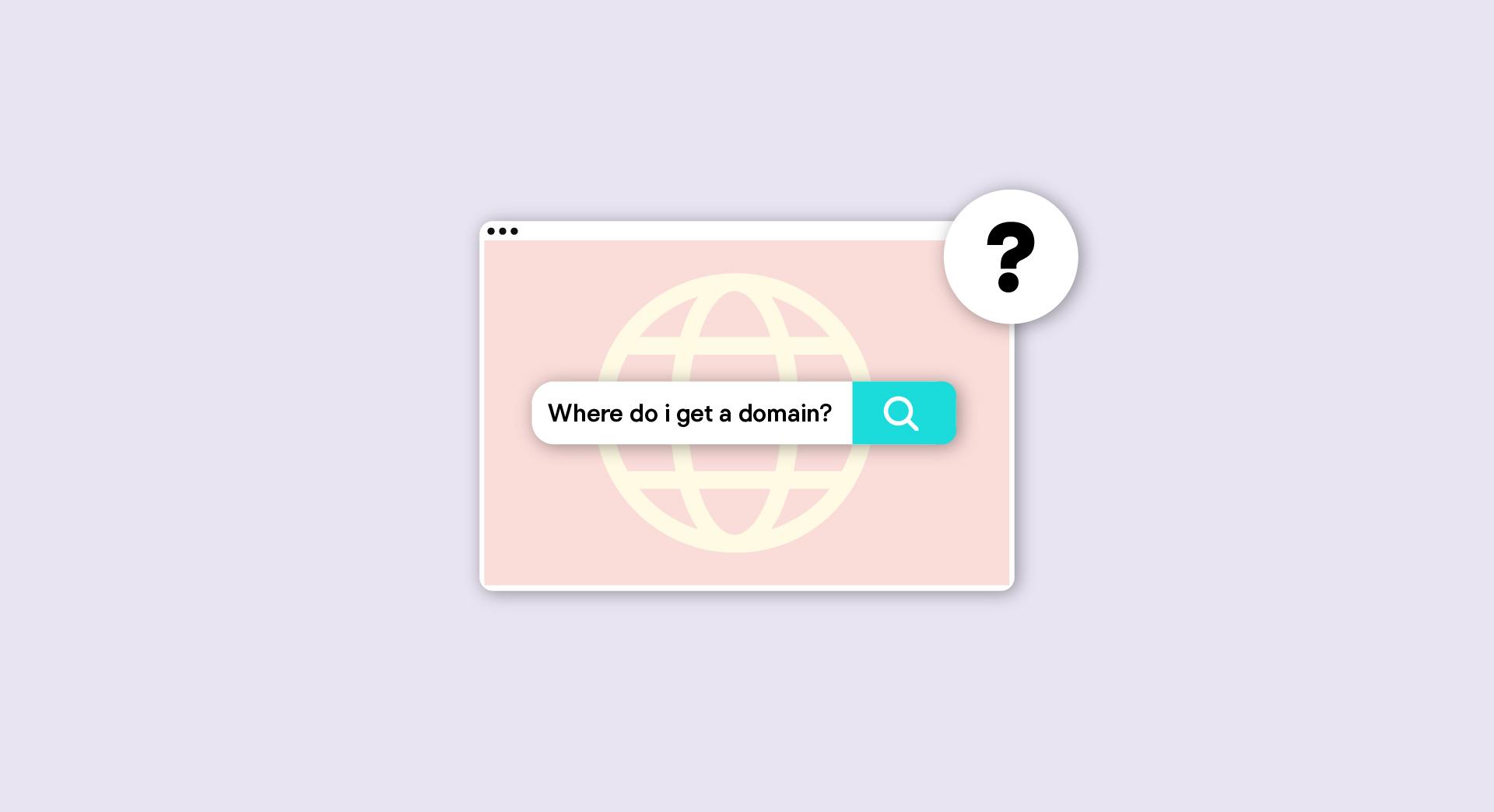Small businesses can’t operate without email. Email is our favourite communication tool and a key part of our sales pipeline. In a startup or fledgling small business, a free email account (Gmail, Yahoo Mail, etc.) helps you get going. It gives you a fast way to contact customers without using your personal email.
But have you thought about the impression free email sends to your prospective customers and partners?
What free email ends up costing you
There are four key ways that a free email account can have a negative effect on your small business.
-
Lost sales.
-
Missed opportunities.
-
Low-capacity storage.
-
Increased annoyance.
Before you start (or go on) using a free email account for your business, consider the long-term impact.
1. Lost sales
Put yourself in a customer’s shoes. Let’s say you’re a customer who’s asked for a website build. What would go through your mind if you got an email from joebloggs82@hotmail.com?
Are you using a free email account like this for your business?

Photo: elizabeth lies on Unsplash
On a subconscious level, that email address plants a tiny seed of doubt in the customer’s mind. They’re thinking “Is this guy legit?” and “Is he going to do a good job on my website?” Consequently, it makes your business look unprofessional. Those doubts could mean you don’t win the job. That’s why you have to remove that element of doubt.
Imagine how much more reassuring it would be to receive a proposal from joe@joebloggsdesigns.com.au.
You see, that small change makes your small business look professional and established, even if you’re just starting out. That’s the kind of first impression you need to make.
2. Missed opportunities
Your important emails are more likely to get filtered into a customer’s spam folder if they’re sent from a free email account. This could result in a lost sale.
Even if your email makes it into the customer’s inbox, it still might be perceived as spam — by the busy recipient. If your email looks like spam to the customer, they’re not going to open it. Your customer is time-poor and they’re not going to waste time on a dodgy-looking email. So that customer might simply swipe to delete it. As a result, that’s a lost opportunity for your business.
A professional email address means your important message is more likely to end up in your customer’s inbox and get their attention.
3. Low-capacity storage
Many free email accounts limit mailbox size. That’s fine for your personal email, where most of what you receive is from friends and retail newsletters that you can read and delete.

Expect major embarrassment when your customer gets a bounceback saying “Message cannot be delivered because the recipient’s mailbox is full.”
These days, businesses rely on email to function, so adequate mailbox capacity is essential. Of course, we promise ourselves that we’re going to stay on top of mailbox filing, but the reality is that most of us don’t until it’s too late. With greater mailbox capacity, you’ve got way more room for large attachments and keeping records of your conversation histories.
4. Increased annoyance
Free email accounts show ads in your inbox. This is because free products aren’t really free. You’re not charged to use a free email account because advertisers are paying to show their ads in your inbox.
Ads are distracting. And annoying. You don’t need that in your workday. You have enough distractions already.
The good news is that you can avoid ads, gain storage capacity and make the most of sales opportunities by upgrading your email system.
Show them you’re serious about your business
With a memorable, domain-based email account like Zoe@GetHeard.com.au, you’ll promote your small business with every message you send.
A custom email address requires a domain name — mine is GetHeard.com.au.
Every time you send an email from a domain-based address (yourname@yourcompany.com.au), you're putting your business name in front of customers. Because your domain name also serves as your web address, every email encourages them to visit your website.
Get your professional email account sorted
It’s easy. The first thing you need is a domain name. Read our tips on choosing an unforgettable domain name for your business here, then search for your domain name at GoDaddy.
Register your domain name, then decide on a professional email address for yourself. The most common email addresses are your first name, or first name and surname, like joe@yourcompany.com.au or joebloggs@yourcompany.com.au.
Choose an email provider
The next step is to choose an email provider and a plan tailored to your business needs. Here are a couple of options from GoDaddy:
- Professional email address that matches your domain.
- Storage space ranging from five to 50 GB.
The Business Premium plan includes these features plus one TB secure online storage and the latest desktop version of Microsoft Office, which can be installed on up to five PCs or Macs.
- Professional email address that matches your domain.
- White-glove data migration from your existing account (optional service with additional fees).
- Large email storage capacity of 50 GB.
- GoDaddy expert support to help set it all up and troubleshoot for you.
- Features like inbox filters, category and folder management, templates and excellent spam filters.
GoDaddy’s O365 Business Premium plan includes the latest online version of Office for PC or Mac and one TB of online storage using OneDrive.
Ditch that free email account — go pro
There’s a lot to be gained by opting for professional, domain-based email. For starters, you’ll look the goods. Your customers will see you as a legitimate and serious business. It’s that critical first impression!
A modest monthly fee is a small price to pay if customers are reading and replying to your emails — and sales are improving.
Your emails are more likely to get to your recipients and get opened. So your business keeps growing and gaining customers. Plus your productivity improves with high-storage capacity, no annoying ads and smooth calendar integration.
So what are you waiting for? Set up your professional email address today and get serious about your business.









